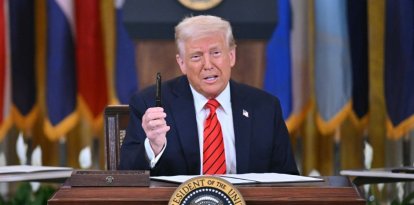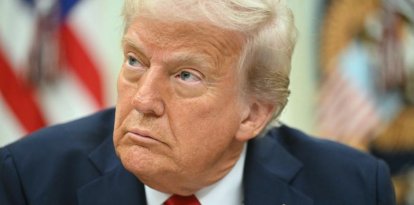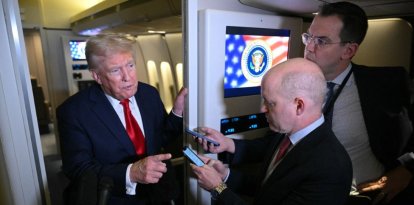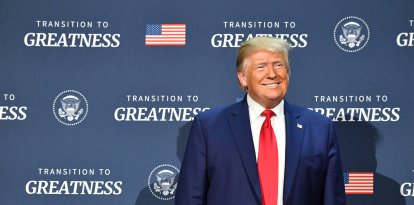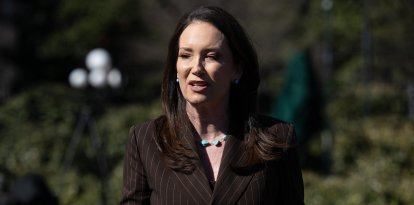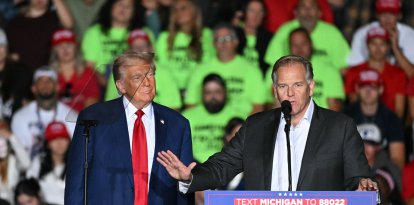Supreme Court upholds controversial funding for Consumer Financial Protection Bureau
While most federal agencies require direct congressional oversight, the CFPB can withdraw funds directly from the Federal Reserve System.
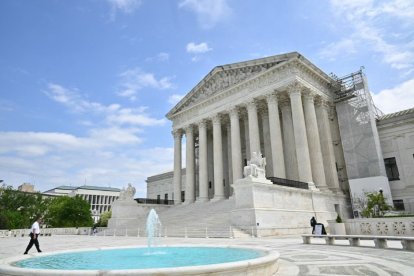
(Mandel Ngan / AFP)
On Thursday, the Supreme Court of the United States (SCOTUS) issued a 7-2 verdict upholding the constitutionality of the Consumer Financial Protection Bureau’s (CFPB) funding methods, which had been challenged because of its unique system that dispenses funds without direct congressional oversight.
Established during the Obama administration, the agency has been the subject of debate because its funding comes directly from the Federal Reserve System rather than relying on the annual congressional appropriations process like most federal agencies.
However, after Thursday’s vote, a majority of the justices ruled that there is nothing unconstitutional behind the funding mechanism, as Congress authorized the CFPB to draw directly from the Federal Reserve System the amount its director deems “reasonably necessary to carry out” the Bureau’s functions, and, therefore, they do not need to request funds annually from Congress as is the usual mechanism outlined in the Appropriations Clause of the Constitution.
“Although there may be other constitutional checks on Congress’ authority to create and fund an administrative agency, specifying the source and purpose is all the control the Appropriations Clause requires,” the court majority argued.
However, Justices Samuel Alito and Neil Gorsuch disagreed with this decision. Alito expressed concern about how this decision could weaken congressional control over government spending, noting that it allows the CFPB to fund its agenda without oversight with an indefinite source of funding. As he sees it, this could perpetuate an imbalance of power between the executive and legislative branches.
“There is apparently nothing wrong with a law that empowers the Executive to draw as much money as it wants from any identified source for any permissible purpose until the end of time,” he said, stressing that “There are times when it is our duty to say simply that a law that blatantly attempts to circumvent the Constitution goes too far” “This is such a case,” he added.
The CFPB
The Consumer Financial Protection Bureau is a federal agency that oversees and regulates financial products such as credit cards, mortgages, and auto loans.
The agency was conceived in 2010 as part of the Dodd-Frank Wall Street Reform and Consumer Protection Act under the leadership of Massachusetts Democratic Senator Elizabeth Warren in response to the 2008-2009 financial crisis.
While Democrats argue that the CFPB is crucial in curbing corporate power and protecting consumers, Republicans and conservatives accuse it of overreach.
RECOMMENDATION
